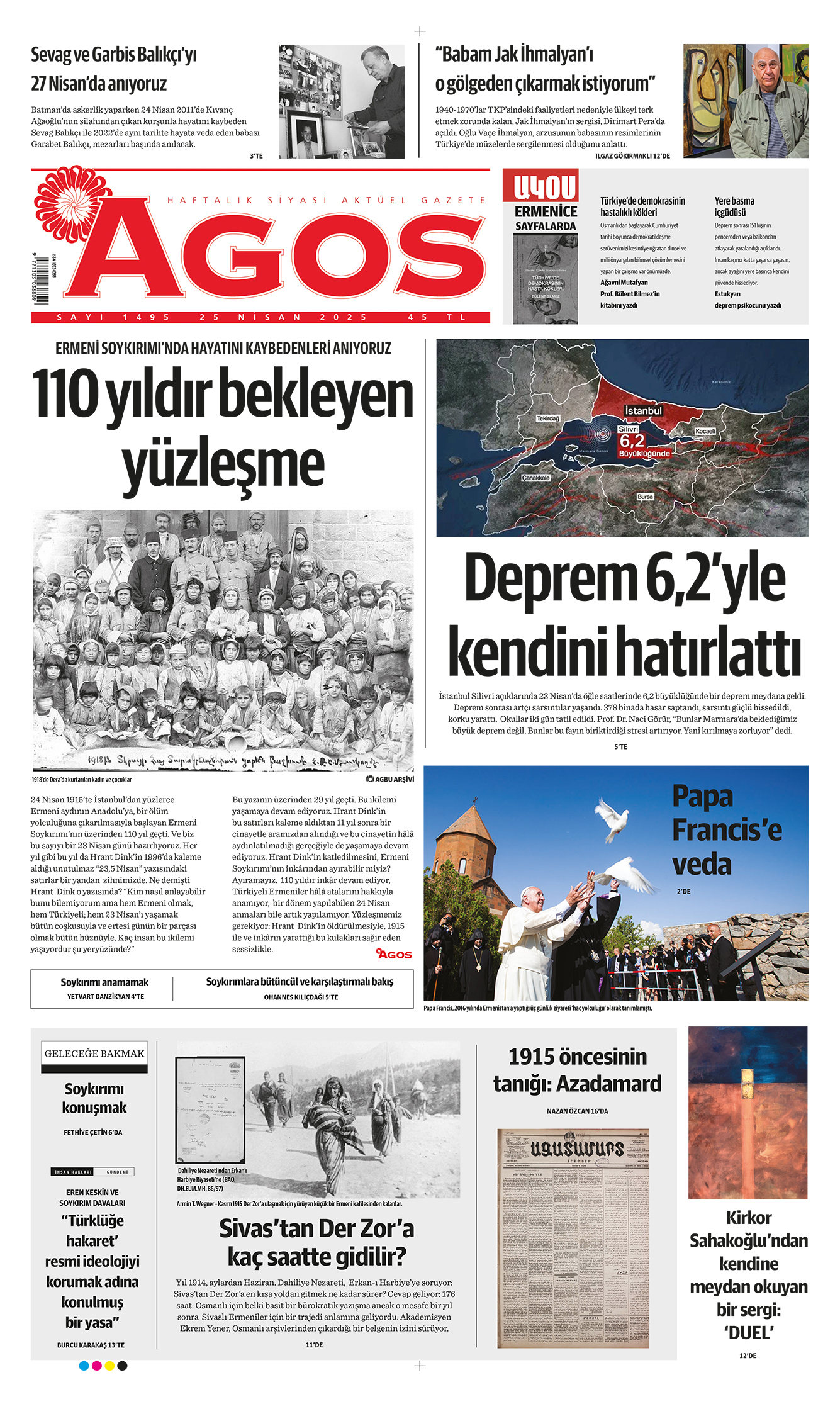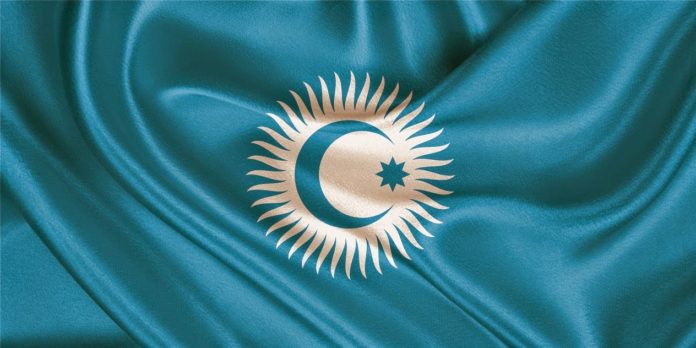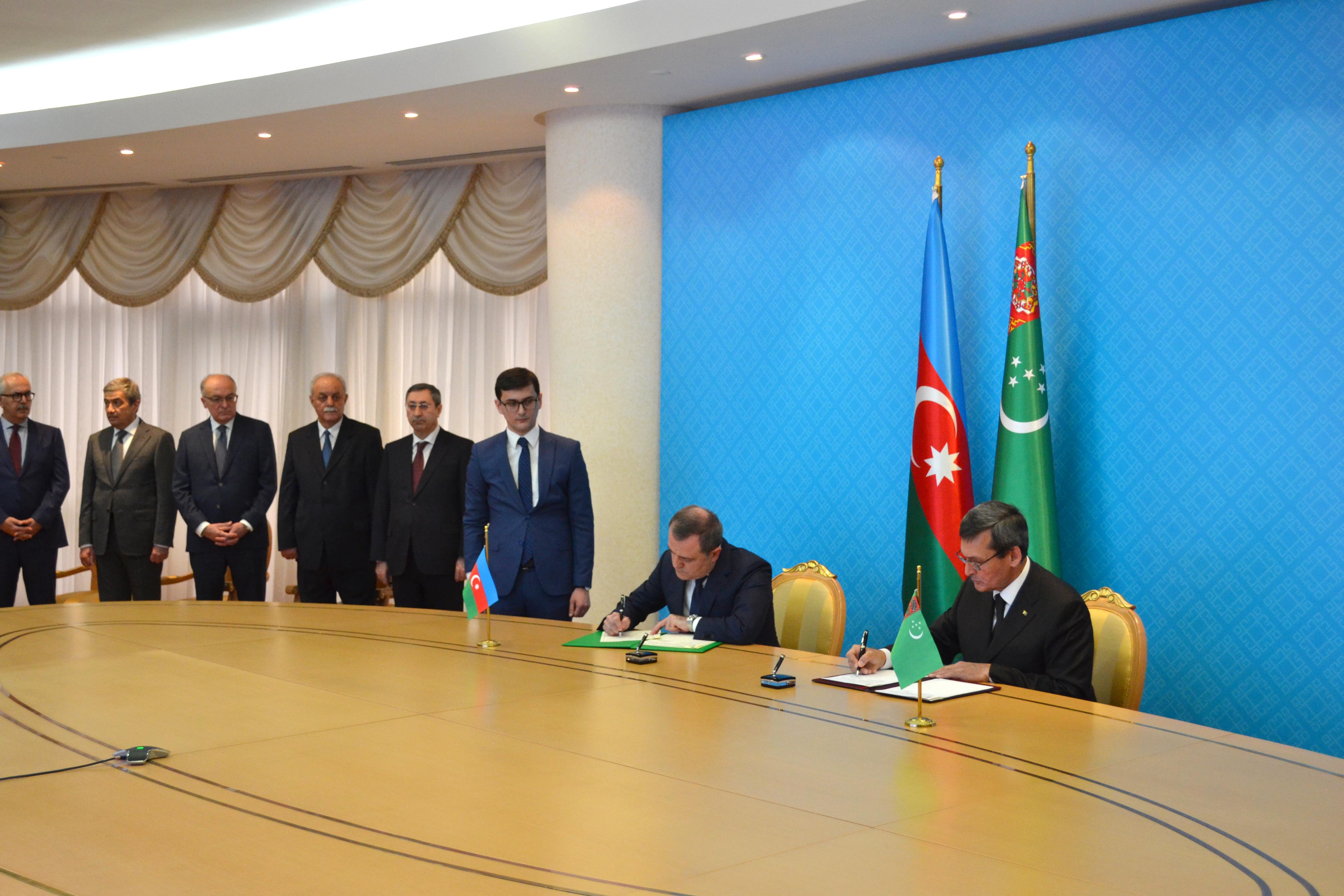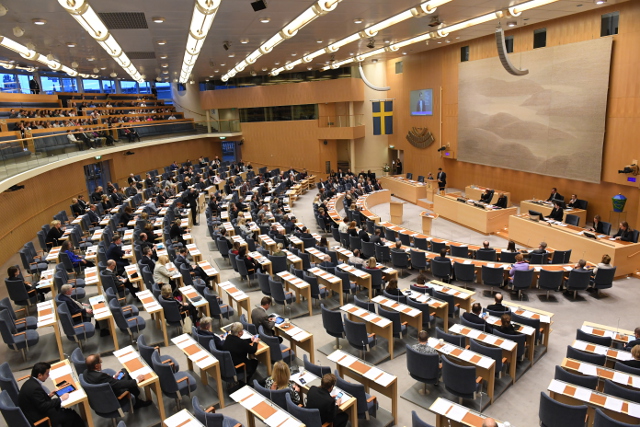Throughout history, relations between Azerbaijan and Armenia have been troublesome. The last war between the two states broke out on 27 September 2020 with Armenia’s attack on Tavush and lasted 44 days. After the Second Karabakh War ended with Azerbaijan’s victory, a peace agreement to be established between the two sides in order to ensure lasting peace and stability in the region has been long awaited. When considering the stability and future of the region, the agreement expected between the two countries is of great importance. However, there are various current factors influencing and impeding this process.
One of the primary reasons behind the obstruction against the peace process is Armenia’s declaration of independence[1], which is referred to by the Armenian Constitution[2]. The Armenian declaration, to which the Constitution refers, contains an article on the unification of Karabakh with Armenia. For this reason, Azerbaijan demanded the amendment of the Armenian Constitution as a condition for the peace agreement. The Pashinyan government has initiated efforts to amend the constitution. Although Pashinyan has frequently brought up the need for amendments and even emphasized the need for renewal on Constitution Day,[3] opposition groups in Armenia have claimed that Azerbaijan's demand for constitutional amendments is interference in Armenian internal affairs. It should not be forgotten that the constitution specifies the form of government of states and is superior to all other legal rules and structures.[4] Therefore, the presence of such a reference to Karabakh in the most prominent treaty of the state constitutes a direct threat to Azerbaijan’s territory.
Another aspect that needs to be underlined is the border demarcation process between the two states. Precise demarcation of the borders is imperative in preventing possible future conflicts and ensuring security in the region. However, both countries have struggled with various issues concerning border demarcation. There are many problematic factors, such as sensitivities of the local population and border drawings on different maps. While agreement has been reached in some areas on the demarcation of borders, there are still points of disagreement.
The church also took part in the attempts to obstruct efforts towards peace and border demarcation. On 19 April, as per the agreement reached as a result of border talks with Azerbaijan, 4 border villages in the Tavush region were returned to Azerbaijan. The opposition to this decision turned into an anti-government demonstration led by the region's highest religious authority, Archbishop Bagrat Galstanyan. Galstanyan, supported by the Echmiadzin, started a 170-kilometer march to Yerevan and reached the capital on 9 May. Galstanyan's protest became increasingly intense, and eventually the Archbishop even demanded Pashinyan's resignation.[5] The church’s opposition against Azerbaijan’s peace treaty terms and the Armenian Government gave rise to anti-peace backlash from Armenians living both in Armenia and in the diaspora. Consequently, it has further strained relations between the two countries.
All in all, peace between Azerbaijan and Armenia is of great importance for the peace and stability of the region. Unfortunately, there are some serious obstacles regarding both parties in the peace process. While it would not be realistic to expect some of these hindrances to be resolved quickly and smoothly, it is essential that both states take into account international legal norms, each other's sensitivities regarding historical matters, and the interests of the region in order for the process to continue.
*Picture: GDH Haber
[4] Kemal Gözler, Anayasa Hukukunun Genel Esasları, Ekin Yayınevi, 2018, p. 439.
© 2009-2025 Center for Eurasian Studies (AVİM) All Rights Reserved

 THE AZERBAIJAN-ARMENIA PEACE PROCESS AND THE IMPACTS OF LOBBIES
THE AZERBAIJAN-ARMENIA PEACE PROCESS AND THE IMPACTS OF LOBBIES
 AGOS' CHANGING EDITORIAL POLICY
AGOS' CHANGING EDITORIAL POLICY
 THE ISSUE OF MINE MAPS
THE ISSUE OF MINE MAPS
 AGOS’S CHANGING EDITORIAL POLICY - 2
AGOS’S CHANGING EDITORIAL POLICY - 2
 ELECTION YEAR TENSION: LOBBIES AND BROKEN PROMISES IN THE USA
ELECTION YEAR TENSION: LOBBIES AND BROKEN PROMISES IN THE USA
 THE FUTURE OF THE TURKIC COUNCIL
THE FUTURE OF THE TURKIC COUNCIL
 EUROPE AND THE EUROPEAN UNION - THE EUROPEAN SEGREGATION
EUROPE AND THE EUROPEAN UNION - THE EUROPEAN SEGREGATION
 THE EU'S POLICY IS STARTING TO OVERLAP WITH PASHINYAN'S STANCE
THE EU'S POLICY IS STARTING TO OVERLAP WITH PASHINYAN'S STANCE
 THE AZERBAIJAN-TURKMENISTAN AGREEMENT FROM A TURKISH PERSPECTIVE
THE AZERBAIJAN-TURKMENISTAN AGREEMENT FROM A TURKISH PERSPECTIVE
 NO PERMISSION TO SO-CALLED GENOCIDE MONUMENT ATTEMPTS IN SWEDEN
NO PERMISSION TO SO-CALLED GENOCIDE MONUMENT ATTEMPTS IN SWEDEN




























